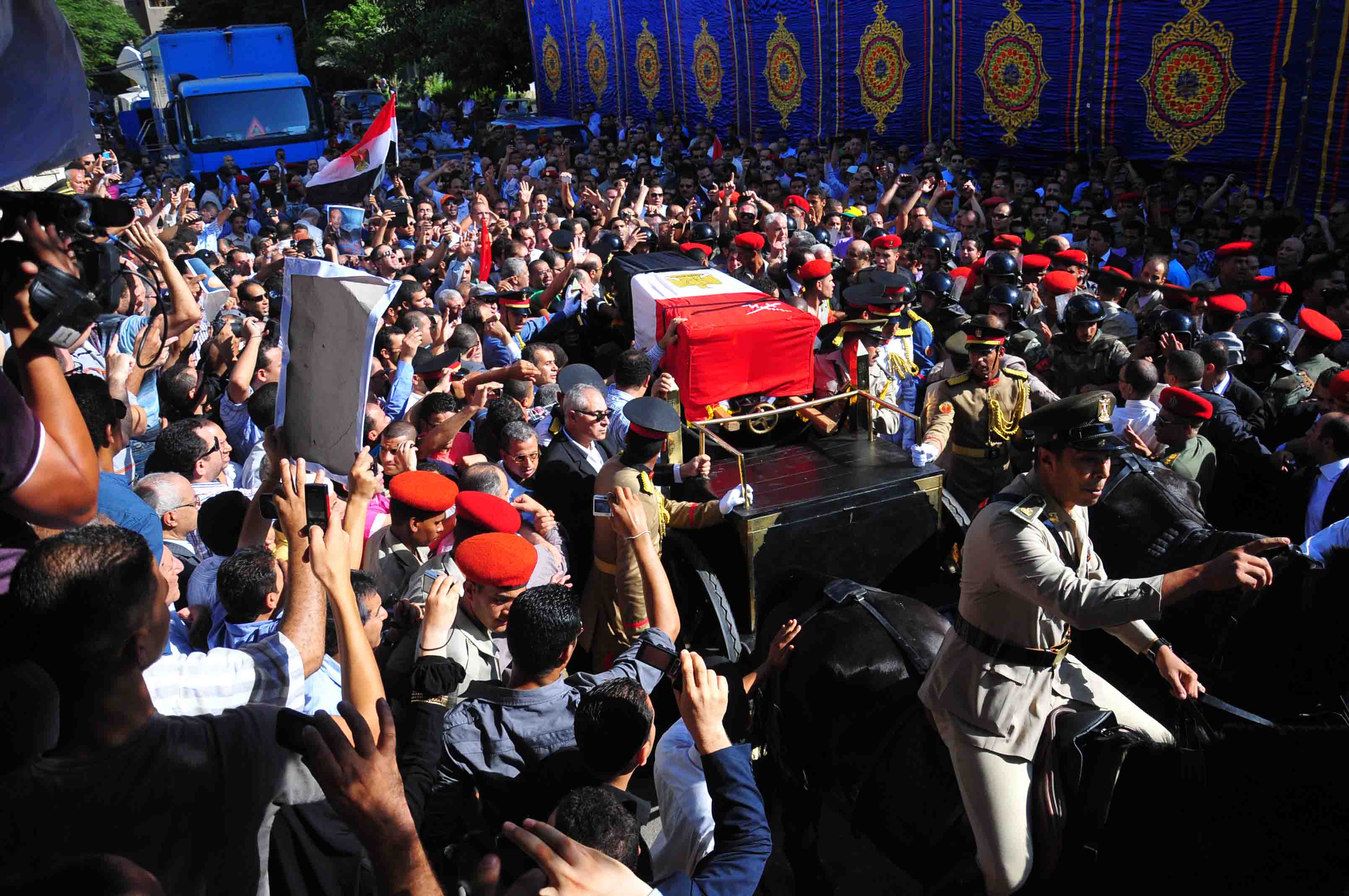If you did not hear it, the bell for the second round of the new cold war in the Middle East rang on Wednesday, in the form of the United States and Hezbollah trading accusations against each other about assorted sinister aims. There is much that is interesting and important – indeed, historic – about this face-off, despite the silly elements.
Five years or so ago, the world’s most powerful country was firing missiles at men hiding in caves in Afghanistan – and it still fights that battle without full success. Today, that same American global power wages acute political war against a charitable society, albeit an armed and disciplined one.
As Hezbollah and the United States battle one another, they also represent wider forces that now collectively define the new ideological battlefront in the Middle East, and perhaps the world. As in much of what the US does in the Middle East, there is farce amidst the bombast.
Washington accused Hezbollah of acting on behalf of Syria and Iran to topple the Lebanese government headed by Prime Minister Fouad Siniora, and pledged its support for a “sovereign, democratic and prosperous Lebanon.
That ear-shattering noise that you may have heard when the US made that statement was the collective laughter and knee-slapping, eyeball-rolling incredulity of somewhere between 5 and 6 billion people in this world who are falling over in the aisles – because when they compare Washington’s actions against its words, they can only take this performance as comedy.
The United States has spent the past five years overthrowing governments in the Arab-Asian region, threatening some others, and arming assorted gangs, militias, misfits, charlatans and buffoons who promise to pester and perhaps remove those regimes that Washington does not like, such as in Syria and Iran. Regime change – however acceptable or not it may be – is not an accusation that Washington can make against anyone in this world at a time when it is working overtime to receive a global certification of pioneering excellence in this business.
More obtuse is Washington’s objection to pressures against a democratically elected government, at a time when the US leads a global attempt to starve and overthrow the democratically elected Palestinian government headed by Hamas. When the world stops laughing for a moment and composes itself just enough to ask a question, it would be the following: How far does the United States expect the world to accept its arrogant insistence on applying one set of rules for the US and Israel, and another set of rules for everyone else on earth? Just how acute can American diplomatic duplicity get?
Finally, the guffawing going on all around the globe reflects the incredulity the most people feel at the US’ expressions of support for the Siniora government. For two months ago the US provided Israel with the green light, diplomatic time and space, sophisticated weapons, and fuel and ammunition to savagely attack all parts of Lebanon, thus weakening that same Siniora government.
As the massive gap between Washington’s words and actions in the Middle East grows wider still, many in this region and elsewhere in the world have decided that it is time to fight back, and confront the audacity.
Hezbollah’s close relations with Syria and Iran are just one aspect of the new constellation of forces that now confront one another in Lebanon, which has now emerged as the battleground of the new regional cold war and global confrontation. Hezbollah in turn accuses Washington of interfering in Lebanese affairs; it says the US and its friends, including some Lebanese and other Arabs, exploit Lebanon as a weapon in their battle with Syria and Iran. What we have here, in fact, is the continuation in political form of the military war that was waged in July-August by Hezbollah and Israel, on behalf of themselves and their respective allies, partners and armorers.
Nevertheless, it seems preferable that such battles be waged in the form of a political cold war rather than with arms on a battlefield that has come to comprise mostly civilian targets on both sides. Political contests also offer many opportunities for compromises and reasonable deals, in ways that missiles and tanks do not. In the case of Hezbollah itself, it also seems positive that the organization is so firmly focused on domestic Lebanese political goals, even though it presses its case with threats and ultimatums. But who does not use such means in the political arena? George W. Bush?
That laughter you hear is – oh, well, just chalk this one up to the fact that this is election time in the United States, when Washington’s normal large quotients of clueless confusion and expedient hypocrisy abroad are aggravated by a whole new universe of insincerity directed at a domestic audience. The combination is devastating to any attempt to foster civility, rationality and win-win conflict resolution outcomes. Thankfully, the electioneering silly season is over in a week’s time here in the United States. After that, in late November, get ready for the bell marking round three of the new regional cold war.
Rami G. Khouri writes a regular commentary for THE DAILY STAR.

